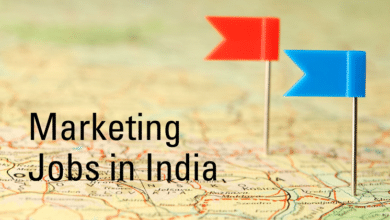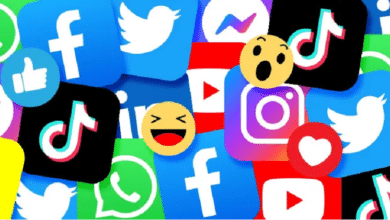Reasons Why Social Media is Bad for Mental Health

Reasons why social media is bad for mental health
Social media is now an essential part of everyday life for millions of people worldwide in the digital age. While it offers numerous asianpinay benefits, such as connecting with friends and staying informed, there is growing evidence that social media can negatively impact mental health. This article explores the reasons why social media is bad for mental health, shedding light on the potential risks and how to mitigate them.
Table of Contents
ToggleThe Impact of Social Media on Mental Health
Social media platforms like Facebook, Instagram, Twitter, and TikTok can profoundly affect users’ mental well-being. Understanding these impacts is crucial for fostering healthier online habits.
Comparison and Self-Esteem Issues
One of the most significant mental health concerns associated with social media is the tendency to compare oneself to others. Social media often presents a curated, idealized version of life, leading users to feel inadequate and dissatisfied with their own lives.
- Highlight Reels: People often share their best moments, creating a skewed perception of reality.
- Envy and Jealousy: Seeing others’ successes and happiness can foster feelings of envy and jealousy.
- Low Self-Esteem: Constant comparison can erode self-esteem and contribute to negative self-worth.
Fear of Missing Out (FOMO)
The Fear of Missing Out, or FOMO, is another psychological phenomenon exacerbated by social media. It can lead to anxiety and a sense of exclusion.
- Constant Connectivity: Social media keeps users perpetually informed about what others are doing.
- Pressure to Participate: Feeling left out of social events or trends can cause anxiety and distress.
- Compulsive Checking: FOMO drives people to check their social media accounts compulsively, disrupting daily life.
Cyberbullying and Online Harassment
Social media sites can serve as havens for online harassment and cyberbullying, which have detrimental effects on mental health.
- Anonymity and Distance: The relative anonymity of social media can embolden bullies.
- Persistent Abuse: Victims can face relentless harassment that extends beyond the schoolyard or workplace.
- Emotional Distress: Cyberbullying can lead to depression, anxiety, and, in extreme cases, suicidal thoughts.
Addiction and Time Management Issues
Social media is designed to be addictive, often leading to excessive use that can negatively impact mental health and daily functioning.
- Dopamine Hits: Likes, comments, and shares trigger dopamine releases, creating a cycle of dependency.
- Disrupted Sleep: Late-night scrolling can interfere with sleep patterns, leading to fatigue and mood disturbances.
- Procrastination: Time spent on social media can detract from productive activities, increasing stress and reducing overall life satisfaction.
The Illusion of Social Connection
While social media can facilitate connections, it can also create an illusion of intimacy and meaningful relationships, leading to loneliness and isolation.
- Superficial Interactions: Online interactions often lack the depth and emotional connection of face-to-face communication.
- Loneliness: Relying on social media for social interaction can exacerbate feelings of loneliness.
- Social Anxiety: Overreliance on digital communication can hinder real-life social skills, increasing social anxiety.
Unrealistic Expectations and Pressure to Perform
Social media can set unrealistic standards for beauty, success, and lifestyle, creating pressure to conform and perform.
- Influencer Culture: Influencers often portray a flawless life, which can set unattainable standards for ordinary users.
- Pressure to Create Content: Users may feel compelled to constantly create and share content to maintain relevance and approval.
- Body Image Issues: Exposure to idealized body images can contribute to body dissatisfaction and eating disorders.
Strategies to Mitigate the Negative Effects
While the impact of social media on mental health can be significant, there are strategies to mitigate these negative effects:
- Set Boundaries: Limit time spent on social media and set specific times for checking updates.
- Curate Your Feed: Follow accounts that inspire and uplift you, and unfollow those that cause stress or negative emotions.
- Practice Mindfulness: Engage in mindfulness practices to stay grounded and present.
- Seek Support: If social media is affecting your mental health, seek support from friends, family, or mental health professionals.
Conclusion
Social media is a double-edged sword with the potential to both enrich and harm mental health. By understanding the reasons why social media can be detrimental, users can take proactive steps to protect their mental well-being while enjoying the benefits of staying connected in the digital world.



